100 CNG stations: Refuse company Waste Management just installed its 100th natural gas fueling station, in Oklahoma City. The company uses these stations, 25 of which 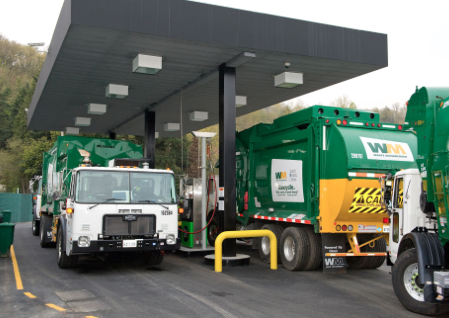 are open to the public, to fuel its 6,000 unit fleet of natural gas trucks. It’s the largest natural gas-powered fleet of its kind in North America. The company is moving toward its goal of reducing carbon dioxide 15% from its fleet by 2020. Much of the fuel being used is renewable natural gas, which comes from waste matter stored in landfills. “We invest in building our own fueling infrastructure to refuel our vehicles, while making CNG available to other commercial fleets and individuals,” said Marty Tufte, Waste Management corporate fleet director.
are open to the public, to fuel its 6,000 unit fleet of natural gas trucks. It’s the largest natural gas-powered fleet of its kind in North America. The company is moving toward its goal of reducing carbon dioxide 15% from its fleet by 2020. Much of the fuel being used is renewable natural gas, which comes from waste matter stored in landfills. “We invest in building our own fueling infrastructure to refuel our vehicles, while making CNG available to other commercial fleets and individuals,” said Marty Tufte, Waste Management corporate fleet director.
Fossil fuel subsidies: A study was just published in the World Development journal that quantifies the amount of subsidies directed toward fossil fuels globally is still massive – 6.5% of global GDP still goes to subsidizing fossil fuels. Those subsidies came to $4.9 trillion in 2013 and rose to $5.3 trillion two years later. The study found that petroleum and coal used in transportation and electricity receive much larger subsidies compared to counterpart fuels.
Tesla raising bonds: Tesla CEO Elon Musk was able to raise $600 million in just a few hours meeting with bond buyers in Manhattan on Monday, according to investors briefed  on the matter. It was part of a four-day road trip to raise $1.5 billion to pay for production of the Model 3 through junk-rated bonds. The company is spending a lot of cash on building out the Fremont, Calif., assembly plant, and battery packs at its Gigafactory in Nevada. The company burned through a record $1.16 billion in cash during the second quarter. It looks good for Tesla hitting the $1.5 billion this week.
on the matter. It was part of a four-day road trip to raise $1.5 billion to pay for production of the Model 3 through junk-rated bonds. The company is spending a lot of cash on building out the Fremont, Calif., assembly plant, and battery packs at its Gigafactory in Nevada. The company burned through a record $1.16 billion in cash during the second quarter. It looks good for Tesla hitting the $1.5 billion this week.

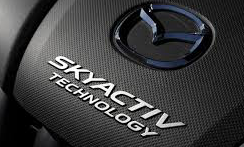 gnition. That will bring 20% to 30% more fuel efficiency than current models on the market with Mazda’s Skyactiv technology. The corporate sustainability campaign will shoot for 2019 to roll out the new Skyactiv-X and its first electric vehicle. That could be coordinated with its Toyota alliance for jointly developing EVs. Sustainable Zoom-Zoom is structured around reducing corporate carbon dioxide emissions, well-to-wheel, 50% by 2030 and 90% by 2050.
gnition. That will bring 20% to 30% more fuel efficiency than current models on the market with Mazda’s Skyactiv technology. The corporate sustainability campaign will shoot for 2019 to roll out the new Skyactiv-X and its first electric vehicle. That could be coordinated with its Toyota alliance for jointly developing EVs. Sustainable Zoom-Zoom is structured around reducing corporate carbon dioxide emissions, well-to-wheel, 50% by 2030 and 90% by 2050.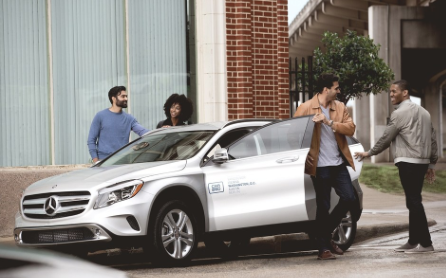 increased 40% year-over-year in the first half of 2017 compared to a year prior. That’s taking place at 11 North American locations with 4.5 million trips taken so far this year. Members are spending 33% more time traveling this year than last. The company is in discussions with other cities about car2go opening shop there, with the company emphasizing the environmental and economic benefits of using its one-way carsharing model.
increased 40% year-over-year in the first half of 2017 compared to a year prior. That’s taking place at 11 North American locations with 4.5 million trips taken so far this year. Members are spending 33% more time traveling this year than last. The company is in discussions with other cities about car2go opening shop there, with the company emphasizing the environmental and economic benefits of using its one-way carsharing model.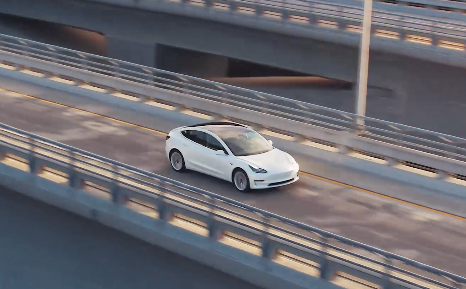 cancellations came from people burning out over having to wait an hour and a half to complete the order process online. During a quarterly earnings call yesterday, the company announced that it had burned through about $1.16 billion in cash during Q2 to keep the Model 3 factory on schedule along with Gigafactory battery production. Stocks closed yesterday with a 7.4% jump to $350.13 as investors remained enthusiastic.
cancellations came from people burning out over having to wait an hour and a half to complete the order process online. During a quarterly earnings call yesterday, the company announced that it had burned through about $1.16 billion in cash during Q2 to keep the Model 3 factory on schedule along with Gigafactory battery production. Stocks closed yesterday with a 7.4% jump to $350.13 as investors remained enthusiastic.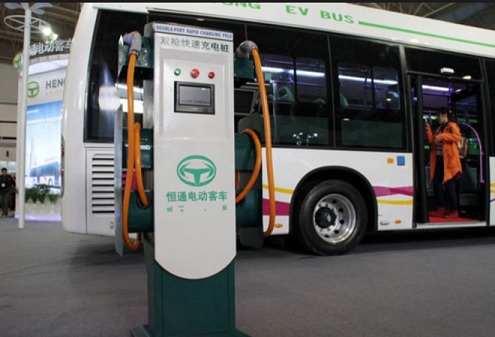 property and honoring trade practices between the nations. Senate Democratic leader Chuck Schumer was one of the three. Trump has been pressing China to cut steel production to cut oversupply and to rein in North Korea’s missile testing program. The Obama administration, while also concerned over high tariffs and equitable trade, had established strong relations with the country on vehicle electrification and renewable energy goals. Now it’s up to California and Gov. Jerry Brown to keep those goals going – electric cars, buses, and trucks. China is likely to adopt some version of California’s zero emission vehicle policy by the end of the year. But relations between the two nations could be a stumbling block.
property and honoring trade practices between the nations. Senate Democratic leader Chuck Schumer was one of the three. Trump has been pressing China to cut steel production to cut oversupply and to rein in North Korea’s missile testing program. The Obama administration, while also concerned over high tariffs and equitable trade, had established strong relations with the country on vehicle electrification and renewable energy goals. Now it’s up to California and Gov. Jerry Brown to keep those goals going – electric cars, buses, and trucks. China is likely to adopt some version of California’s zero emission vehicle policy by the end of the year. But relations between the two nations could be a stumbling block.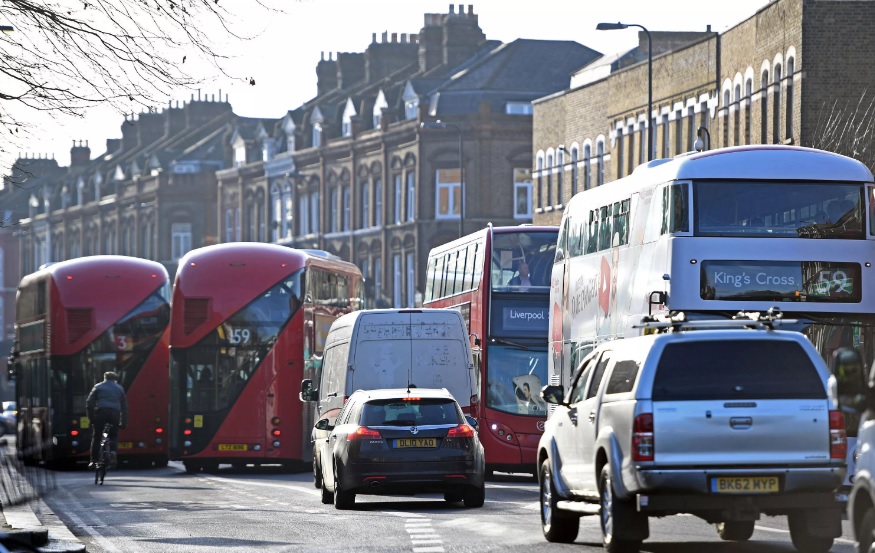 follows France, which decided to ban all fossil-fuel powered vehicles by 2040. The mayors of London, Paris, Madrid, Mexico City, and Athens are developing their own policies for clean air and climate change, would like to ban diesel vehicles. The British government has faced legal pressure from a series of lawsuits, and the national government has been taking steps to scrap diesel-powered cars. Nearly 200 million pounds (about $261 million) will go to local governments in the UK to help them restrict access by diesel-powered vehicles to extremely polluted roads. Battery electric vehicles will probably be the route chosen by the national government to replace gasoline and diesel powered cars.
follows France, which decided to ban all fossil-fuel powered vehicles by 2040. The mayors of London, Paris, Madrid, Mexico City, and Athens are developing their own policies for clean air and climate change, would like to ban diesel vehicles. The British government has faced legal pressure from a series of lawsuits, and the national government has been taking steps to scrap diesel-powered cars. Nearly 200 million pounds (about $261 million) will go to local governments in the UK to help them restrict access by diesel-powered vehicles to extremely polluted roads. Battery electric vehicles will probably be the route chosen by the national government to replace gasoline and diesel powered cars. speaker panels on pressing topics for fleets, government officials, vehicle manufacturers, technology companies, and enthusiasts interested in the issues and trying out the vehicles. AltCar Expo offers the best Ride & Drive out there, with several green cars to drive and a few commercial fleet vehicles to see. With the Trump administration deciding to exit the Paris climate accord, leaders are looking for other channels to address the issues; that includes the role California is playing.
speaker panels on pressing topics for fleets, government officials, vehicle manufacturers, technology companies, and enthusiasts interested in the issues and trying out the vehicles. AltCar Expo offers the best Ride & Drive out there, with several green cars to drive and a few commercial fleet vehicles to see. With the Trump administration deciding to exit the Paris climate accord, leaders are looking for other channels to address the issues; that includes the role California is playing.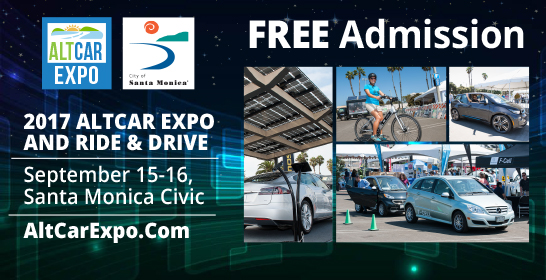
 reported Friday. The other five would be the Buick LaCrosse, Cadillac CT6, Cadillac XTS, Chevrolet Impala, and Chevrolet Sonic. GM declined to comment. Pressure from shareholders to increase sales may have GM tipping more to pickups, crossovers, and SUVs. It would be a shame to see, with the redesigned Volt doing well in sales – No. 3, close behind the Tesla Model S in the first six months of U.S. sales.
reported Friday. The other five would be the Buick LaCrosse, Cadillac CT6, Cadillac XTS, Chevrolet Impala, and Chevrolet Sonic. GM declined to comment. Pressure from shareholders to increase sales may have GM tipping more to pickups, crossovers, and SUVs. It would be a shame to see, with the redesigned Volt doing well in sales – No. 3, close behind the Tesla Model S in the first six months of U.S. sales.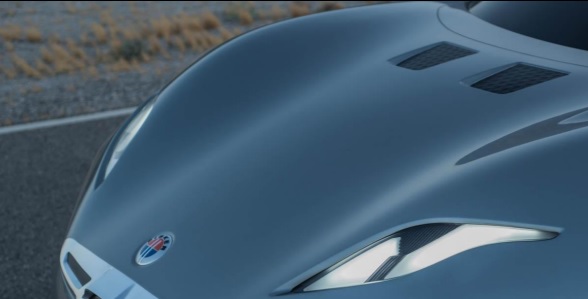 upcoming EMotion sporty, luxury sedan. The company would have had to focus entirely on Fisker and let other client projects slip away, which won’t work for the company to do, said Jack Kavanaugh, chairman and acting CEO of Nanotech Energy. That JV had started with the Henrik Fisker starting his new electric car company in October. The automaker will continue to “work with Nanotech on the applications of graphene,” but it will use battery cells provided by LG Chem for the EMotion, Fisker said.
upcoming EMotion sporty, luxury sedan. The company would have had to focus entirely on Fisker and let other client projects slip away, which won’t work for the company to do, said Jack Kavanaugh, chairman and acting CEO of Nanotech Energy. That JV had started with the Henrik Fisker starting his new electric car company in October. The automaker will continue to “work with Nanotech on the applications of graphene,” but it will use battery cells provided by LG Chem for the EMotion, Fisker said.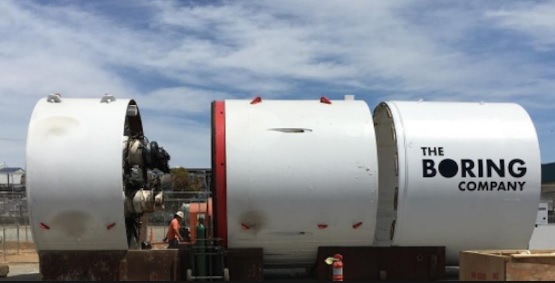 Washington, D.C. “Just received verbal govt approval for The Boring Company to build an underground NY-Phil-Balt-DC Hyperloop. NY-DC in 29 mins,” he tweeted yesterday. He later tweeted out that formal approval with the Trump administration is still needed, but after discussions they’ve had, he’s confident the project will be able to move forward. That could bring fast Hyperloop-like trains to Los Angeles and important transport routes on the east coast.
Washington, D.C. “Just received verbal govt approval for The Boring Company to build an underground NY-Phil-Balt-DC Hyperloop. NY-DC in 29 mins,” he tweeted yesterday. He later tweeted out that formal approval with the Trump administration is still needed, but after discussions they’ve had, he’s confident the project will be able to move forward. That could bring fast Hyperloop-like trains to Los Angeles and important transport routes on the east coast. Automobiles division is concerned that most U.S. consumers will be confused or concerned about having to charge for the first time and be subject to range anxiety. Plugging in is less of a worry in California, which has made up about half of U.S. plug-in vehicle sales. Still, it is possible to occasionally see Chrysler billboard ads in the state that only identify the Pacifica as a hybrid.
Automobiles division is concerned that most U.S. consumers will be confused or concerned about having to charge for the first time and be subject to range anxiety. Plugging in is less of a worry in California, which has made up about half of U.S. plug-in vehicle sales. Still, it is possible to occasionally see Chrysler billboard ads in the state that only identify the Pacifica as a hybrid.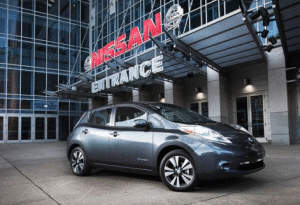 electric car. Flipping a switch turns the accelerator into an e-Pedal, where you get to accelerate, decelerate, and stop the car all on one pedal. That will include driving on hills, and will ease some of the burden of being stuck in traffic – with 90% of driving needs now being met on one pedal. The new feature comes from Nissan Intelligent Mobility, which is dedicated to transforming how cars driven, powered and integrated into society. More will be revealed on e-Pedal, along with several other interesting changes, during the new Leaf launch in September.
electric car. Flipping a switch turns the accelerator into an e-Pedal, where you get to accelerate, decelerate, and stop the car all on one pedal. That will include driving on hills, and will ease some of the burden of being stuck in traffic – with 90% of driving needs now being met on one pedal. The new feature comes from Nissan Intelligent Mobility, which is dedicated to transforming how cars driven, powered and integrated into society. More will be revealed on e-Pedal, along with several other interesting changes, during the new Leaf launch in September.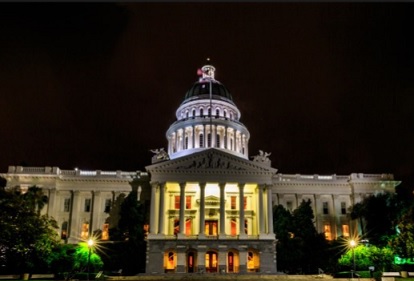 through when eight Republicans broke ranks and joined with Democrats to continue the program that came from AB 32; it requires companies to buy permits to release greenhouse gases into the atmosphere. Gov. Jerry Brown has been committed to adding the bullet train from Los Angeles to San Francisco, and bringing more electric vehicles and infrastructure to the state. Sources say there’s already more than $200 million available through the cap-and-trade auctions, now in their fifth year, that can go toward alternative fuels and infrastructure in the state.
through when eight Republicans broke ranks and joined with Democrats to continue the program that came from AB 32; it requires companies to buy permits to release greenhouse gases into the atmosphere. Gov. Jerry Brown has been committed to adding the bullet train from Los Angeles to San Francisco, and bringing more electric vehicles and infrastructure to the state. Sources say there’s already more than $200 million available through the cap-and-trade auctions, now in their fifth year, that can go toward alternative fuels and infrastructure in the state. renewables and energy storage are well positioned to continue seeing strong growth. State-level policies have been drivers and will continue. Renewable fuels are most vulnerable to Trump’s agenda. “With uncertainty looming and the administration continuing to consider oil-and gas-friendly policies, Trump’s decision to remove the renewable fuel obligation could alter a decade-old ethanol industry,” the report said.
renewables and energy storage are well positioned to continue seeing strong growth. State-level policies have been drivers and will continue. Renewable fuels are most vulnerable to Trump’s agenda. “With uncertainty looming and the administration continuing to consider oil-and gas-friendly policies, Trump’s decision to remove the renewable fuel obligation could alter a decade-old ethanol industry,” the report said.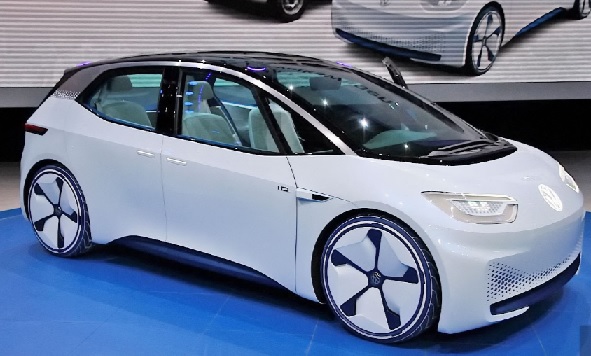 VW’s Chief of Corporate Strategy Thomas Sedran said in an interview with German site Automobil Produktion that the starting price for an ID will be down to $27,000 before incentives – $8,000 cheaper than the $35,000 Model 3. That will still take a while as the German automaker’s ID portfolio is still in the early development phase; it will take a few years for the first one to show up at dealerships.
VW’s Chief of Corporate Strategy Thomas Sedran said in an interview with German site Automobil Produktion that the starting price for an ID will be down to $27,000 before incentives – $8,000 cheaper than the $35,000 Model 3. That will still take a while as the German automaker’s ID portfolio is still in the early development phase; it will take a few years for the first one to show up at dealerships.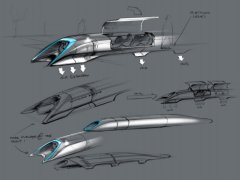 the next few weeks, the startup said. Inspired by Tesla CEO Elon Musk in 2013, Los Angeles-based Hyperloop One is ready to take the pod transport through vacuum tubes in what could someday be a very fast ride between San Francisco and LA. The goal is to reach 250 miles per hour, which would shorten the car trip quite a bit.
the next few weeks, the startup said. Inspired by Tesla CEO Elon Musk in 2013, Los Angeles-based Hyperloop One is ready to take the pod transport through vacuum tubes in what could someday be a very fast ride between San Francisco and LA. The goal is to reach 250 miles per hour, which would shorten the car trip quite a bit.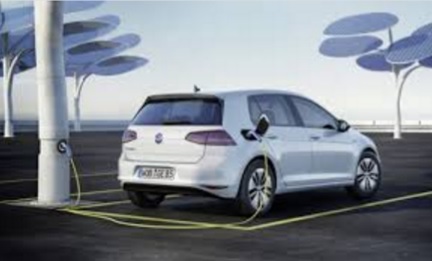 forecasting that electric cars will be reducing oil demand significantly by 2040. That comes from forecasts presented by OPEC, Exxon Mobil, and BP. OPEC quintupled its forecast for sales of plug-in sales, while Exxon Mobil, BP, and other oil producers also revised up their outlooks in the past year.
forecasting that electric cars will be reducing oil demand significantly by 2040. That comes from forecasts presented by OPEC, Exxon Mobil, and BP. OPEC quintupled its forecast for sales of plug-in sales, while Exxon Mobil, BP, and other oil producers also revised up their outlooks in the past year.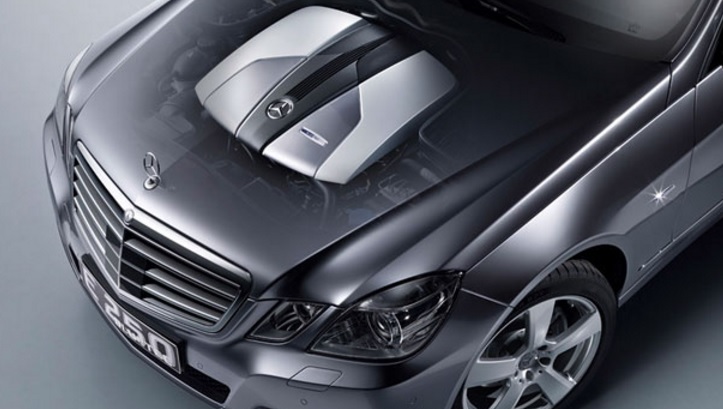 between 2008 and 2016 may have had emissions defeat devices, according to German newspaper Sueddeutsche Zeitung. In May, Daimler was subject to a search warrant granted by the District Court of Stuttgart that led to a raid and allegations made about the defeat devices. Engines used in the Mercedes C, E, G, R, ML, S, and CLS class models badged 320 and 350 Bluetec with 3.0-liter V6 engines are being investigated; Mercedes S 250 and E 300 Bluetec models in four-cylinder diesel 1.8 and 2.2 liter models; and diesel-powered Sprinter vans.
between 2008 and 2016 may have had emissions defeat devices, according to German newspaper Sueddeutsche Zeitung. In May, Daimler was subject to a search warrant granted by the District Court of Stuttgart that led to a raid and allegations made about the defeat devices. Engines used in the Mercedes C, E, G, R, ML, S, and CLS class models badged 320 and 350 Bluetec with 3.0-liter V6 engines are being investigated; Mercedes S 250 and E 300 Bluetec models in four-cylinder diesel 1.8 and 2.2 liter models; and diesel-powered Sprinter vans.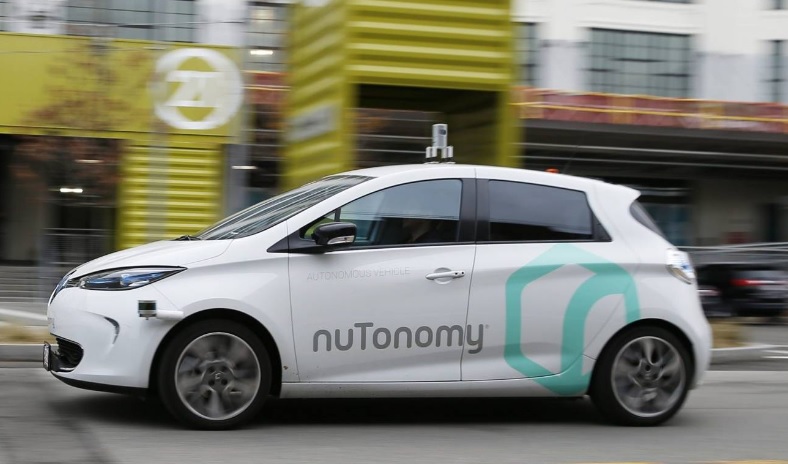 announcement to pull the U.S. out of the Paris climate agreement. It’s expected to reduce carbon emissions by at least five million tons by 2025. The electric cars will be powered by 100% renewable energy and it will all start with its nuTonomy vehicles coming out later this year in Boston. Lyft’s efforts will also be supported next year through a large test fleet of self-driving Chevy Bolts with its investor, General Motors. Lyft will be well positioned the three technologies that market analysts expect to shape the auto industry – electric, autonomous, and shared mobility services.
announcement to pull the U.S. out of the Paris climate agreement. It’s expected to reduce carbon emissions by at least five million tons by 2025. The electric cars will be powered by 100% renewable energy and it will all start with its nuTonomy vehicles coming out later this year in Boston. Lyft’s efforts will also be supported next year through a large test fleet of self-driving Chevy Bolts with its investor, General Motors. Lyft will be well positioned the three technologies that market analysts expect to shape the auto industry – electric, autonomous, and shared mobility services.